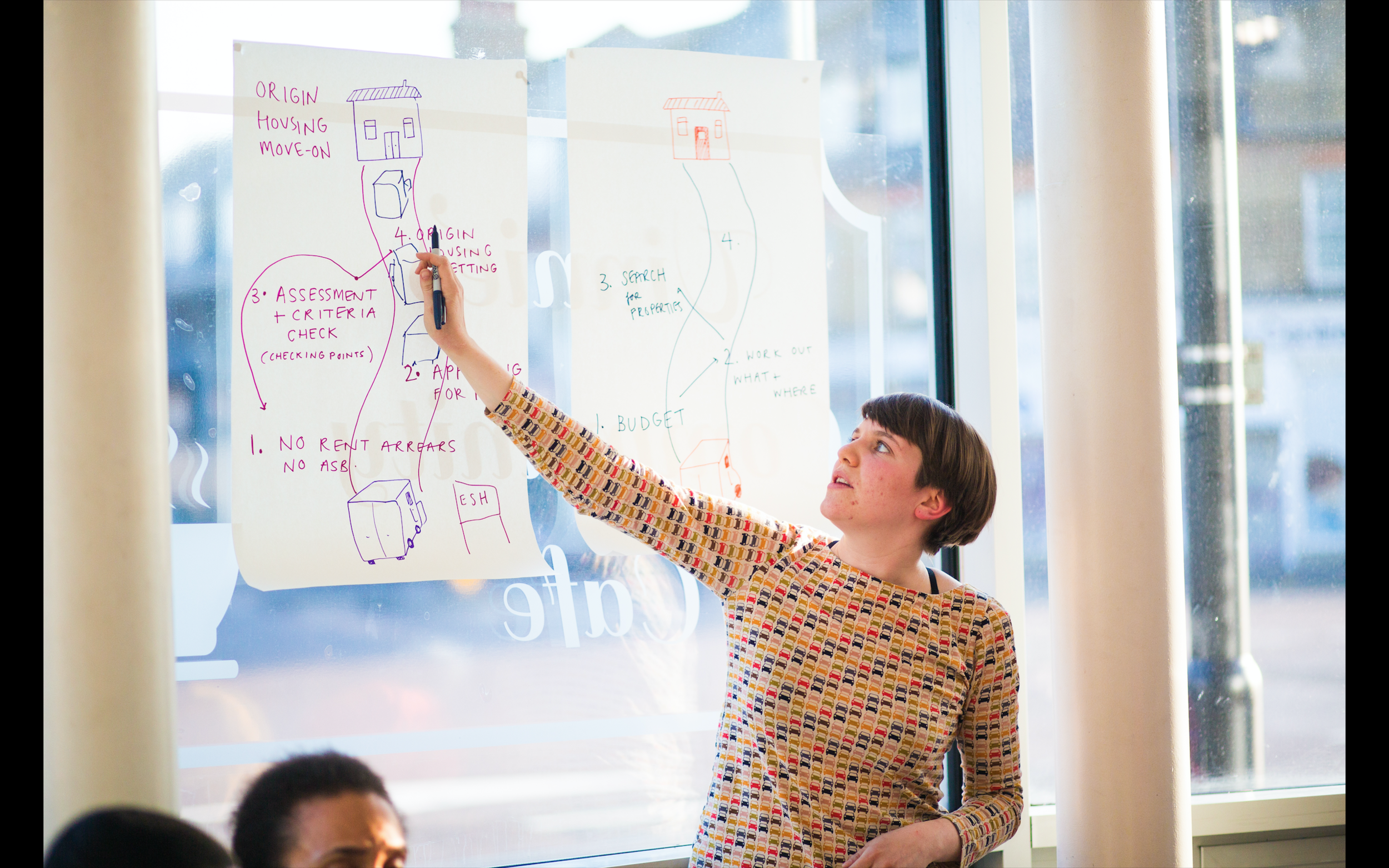#36 The Accidental Designer
I'm very happy to introduce Katie Slee the co-founder of Settle. Katie graduated from Oxford University with a degree in the History of Art. After university, she moved to Paris to work for a creative agency where she collaborated on projects for a branding consultancy, a theatre company and a film production house. In 2014, she became a Year Here Fellow, running design projects for South London YMCA and Camden Council. During Year Here, Katie co-founded Settle, a social enterprise which supports homeless young people moving into their first home. She now works full time as Settle's Service Designer. Here's what she has to say...
What’s the biggest lesson you’ve learnt over the last year?
To let go of side projects for a while, it’s enough to do one thing well. I had a really naïve picture of work as a teenager – I didn’t see that beyond role descriptions, many jobs ask you to be a project manager and a writer and a diplomat and a designer. Scared of shutting down opportunities, I spent most of my time since university trying to juggle 5 or 6 projects at once, keeping fingers in different pies but not really doing any of the roles justice, and definitely not earning a living!
In 2014, I was lucky to get a place on Year Here, a post-graduate course in Social Innovation. The programme offers loads of overlapping opportunities: to manage projects, work frontline, run events, write, develop.
Out of the experience, my friend Rich Grahame and I started a charity called Settle. Working in hostels, we began to understand the paradox underlying the treatment of homeless young people – that resources are ploughed into housing them temporarily in hostels, but when it comes for them to leave, their move is unsupported and in vain. We started Settle to try to bridge that gap, by designing and delivering training programmes to support homeless young people and care leavers starting their first tenancy.
It seems crazy now, but even for the first 6 months of Settle, I was still trying to juggle other work. Being spread so thin didn’t get me anywhere and in the end, I had to step back and evaluate what I actually wanted from work, from my twenties etc. Letting go of other things has meant that I can take greater ownership of my role at Settle, and actually I still get to use all the different bits of me – a designer, a support worker, a consultant. The difference is that instead of worrying about future work, I just want to be on this journey with Settle.
What’s your burning question of the moment?
What if beauty was an essential feature of designing services for vulnerable people?
Badly designed services are inefficient. People only have a finite ability to care about your offer and once it’s gone, it’s gone. I think it’s human instinct to gauge whether something is worth our time – often the clearest signifier is the level of care put into making it. If you get a generic letter, badly written with your name spelt wrong, do you open it? Is it worth replying? Is it worth attending the appointment? How far can design go in influencing someone's behaviour?
In the past, we’ve shocked commissioners by finishing Settle programmes with a 100% completion rate. It’s pretty rare when working with young people with so much going on in their lives. For me, though, that’s proof that our design is good – we let people know they’re valued and that we're invested in them seeing the programme through.
What’s the most inspiring thing you’ve seen/ heard/ read in the last year?
Last year I had some CBT therapy that blew my mind.
I find the underpinnings of CBT so hopeful. As humans we improvise the whole time, so lots of our behaviours start as a one-off response a new situation. If our response seems “successful” – if it gets us what we want or tallies with an existing belief we had about our world – we repeat it and after a while it becomes reflex.
Often the only reason we do things the way we do is because it's the route of least resistance for the little zippy electric signal pinging through our brains.
Yet when we're under pressure our views of “success” can get warped, so we lay down behaviours that can be unhealthy – like cripplingly high standards, like boom and bust work patterns. Instead, CBT says there are infinite ways of being. With work and patience all our well-worn paths can be reset.
What would be your one piece of advice to students out there?
Don't pigeon-hole yourself as a certain type of designer. I think the most interesting and useful work is happening at the seams of different disciplines or sectors. You could do any number of jobs and, with a design mind, make your output more intuitive for other people to use, beautiful, efficient.
I didn't train in designer at all - I studied a super theoretical history of art degree. As I have no idea how things are "supposed to be done", it's easy to think outside of the box... there is no box! But it also leaves me googling the hell out of really simple commands in Illustrator.
My other advice would be to say thank you to people who help you out and to always try to help out other people if you see a way.
You can read the rest of the profiles here...
#34 The Designer of Vulnerability
#31 The Service Design TV Host
#28 The Human Interaction Designer
#26 The Design Writer and Doer
#23 The Behavioural Researcher
#21 The Local Government Designer



